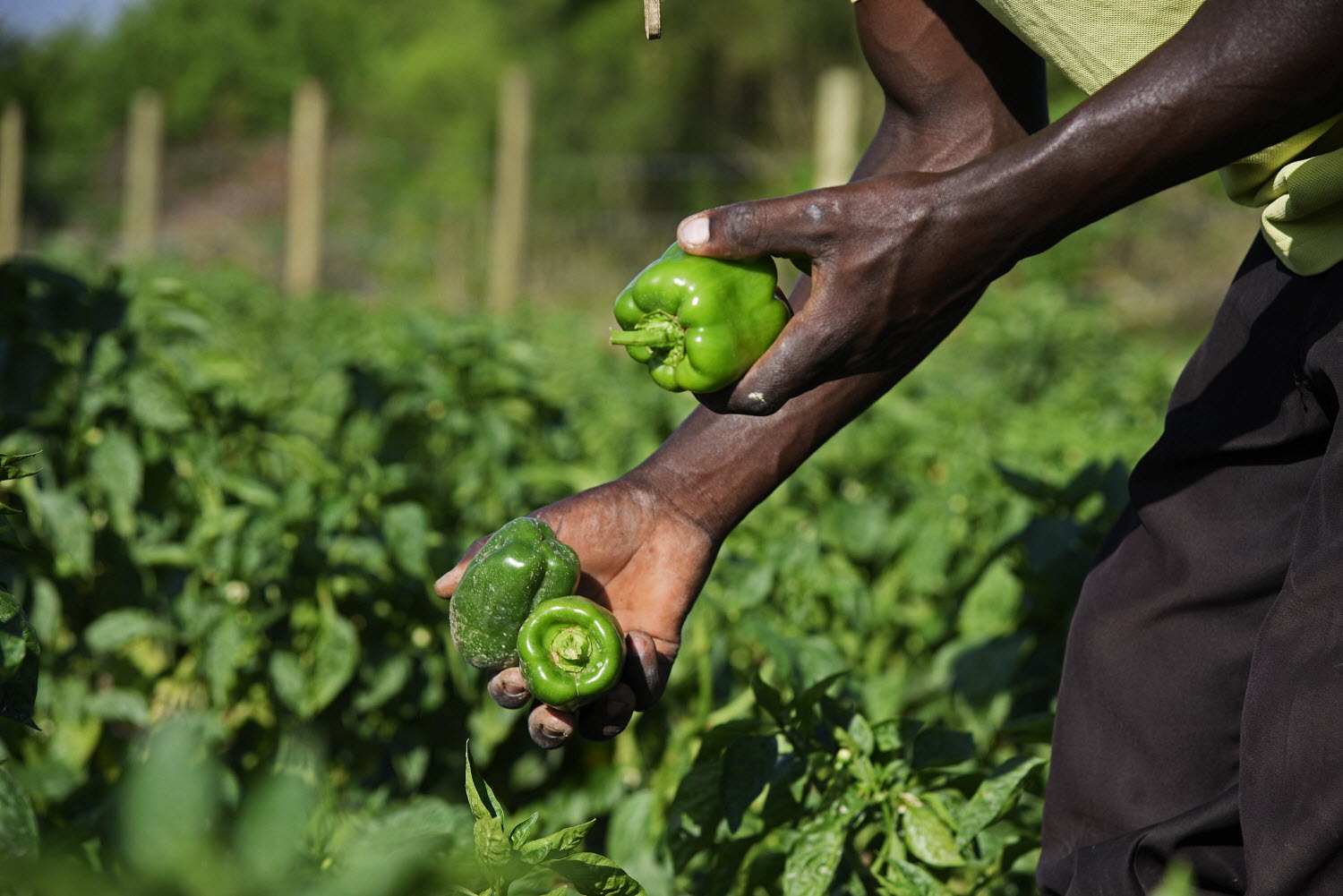AgrInvest is supporting the Uganda Development Bank on Green Finance

The AgrInvest initiative in Uganda is co-financed by the European Union and FAO to assist the Uganda Development Bank (UDB) in developing responsible private sector investments in the agriculture and agribusiness sectors.
The Project’s expected impact is to increase and enhance the UDB loan portfolio. This will benefit small-scale producers in terms of improved access to finance, enhanced regulatory framework and a broader scope for sustainable and profitable value chain investments.
Among its various interventions, the Project is providing initial technical assistance to UDB to establish a Climate Finance Facility (CFF). The aim of the Facility is to mobilize more capital for financing “green” investments, especially transformative, low carbon, and climate-resilient projects. The facility is one of the mechanisms UDB will use to deliver on its Strategic Plan (2020-2024), the Green Finance Policy, and the Green Finance and Investment Strategy.
Mobilizing more green finance
The ambition of UDB is to adopt the “green bank model”, that other development banks, like the Development Bank of Southern Africa, have embraced to accelerate private investments into climate sensitive projects with a blended finance approach.
AgrInvest will provide initial support to UDB for the preparation of a feasibility study including the investment strategy and market focus, expected impacts, capitalisation, financial instruments and operationalisation of the Facility in UDB.
"Through the Facility, we will be able to finance additional private investment and expand UDB's pipeline towards more climate change adaptation and mitigation initiatives. The study will help to determine the Facility investment strategy, which will support UDB in achieving its High Impact Goals”, according to Pius Wamala, UDB's Green Finance Officer.
The study is the first step before capitalizing and operationalizing the Facility, at a second and later stage. Climate Funds – such as the Green Climate Fund (GCF) – are potential financing partners that UDB is considering for the Facility.
“The study will put UDB on track to establish the Facility. UDB will be in a better position to raise capital from a variety of climate finance sources in the future, including the GCF and private contributors, to increase climate-resilient and green investments in the agrifood sector and beyond.” Julien Vallet, FAO Economist and AgrInvest Uganda Lead Technical Officer, added.
This endeavor will contribute to UDB’s High Impact Goals, which aim to transform the quality of life of Ugandan people, by Reducing people’s poverty in Uganda and protect the natural environment, Building a sustainable food system and Sustainably industrializing Uganda.
It will also contribute to FAO’s Strategic Framework for a Better Environment and a Better Production and several Sustainable Development Goals (SDGs), more particularly SDG 13- on urgent action to combat climate change and its impacts.
Since 2020, the AgrInvest Project has been supporting UDB with various activities on green finance, which include the introduction of the ex-ante carbon balance tool (EX-ACT) and the global livestock environmental assessment model, interactive (GLEAM-i) to better analyze the mitigation impacts of agriculture, forestry and other land use change (AFOLU) projects.
